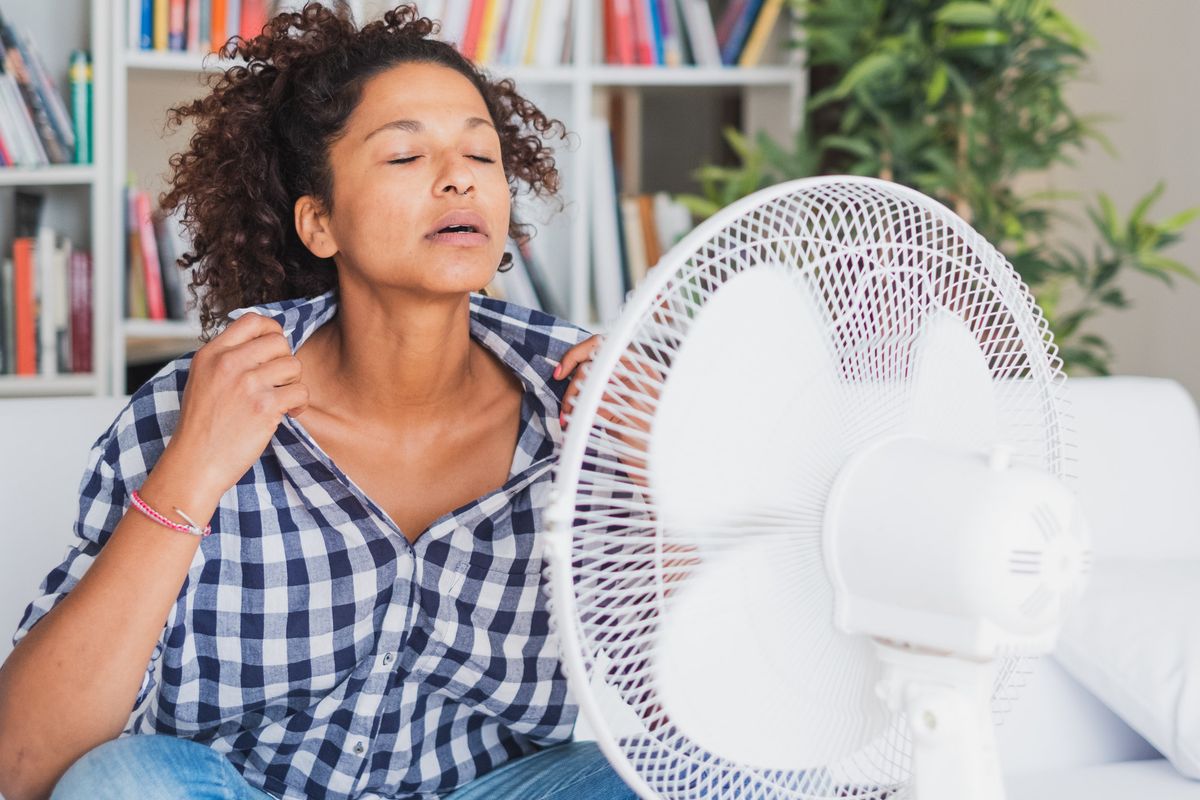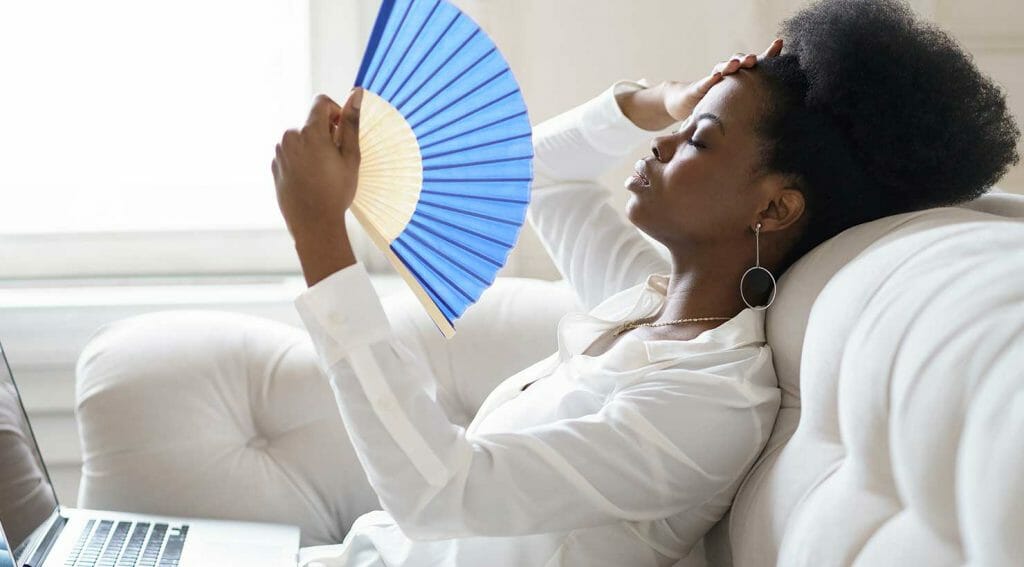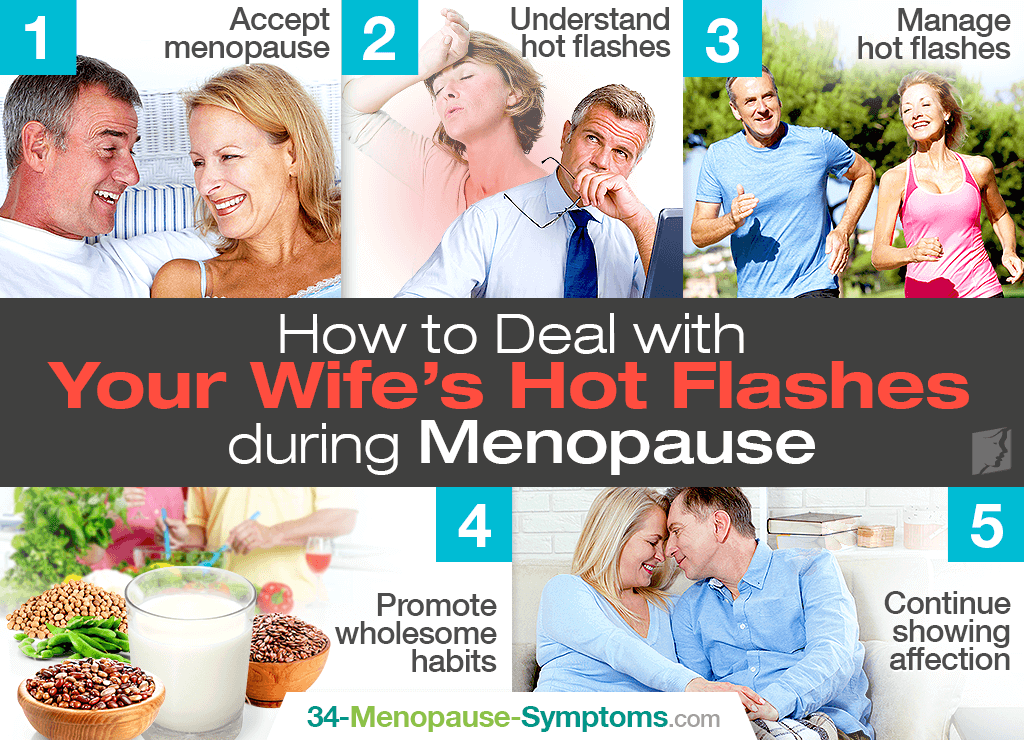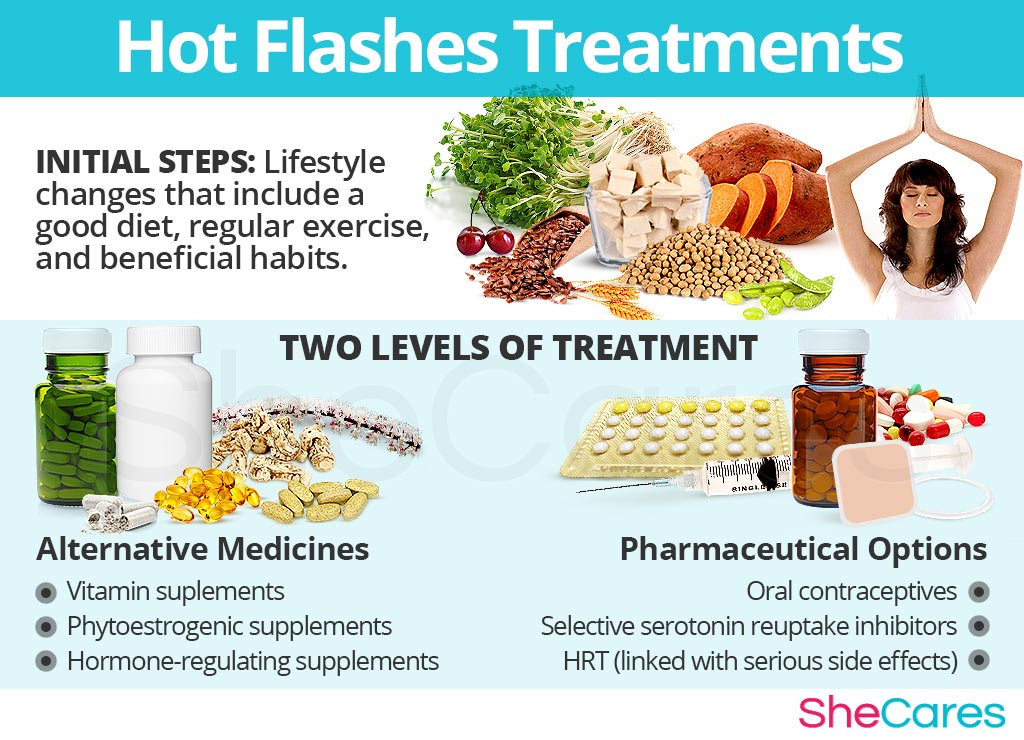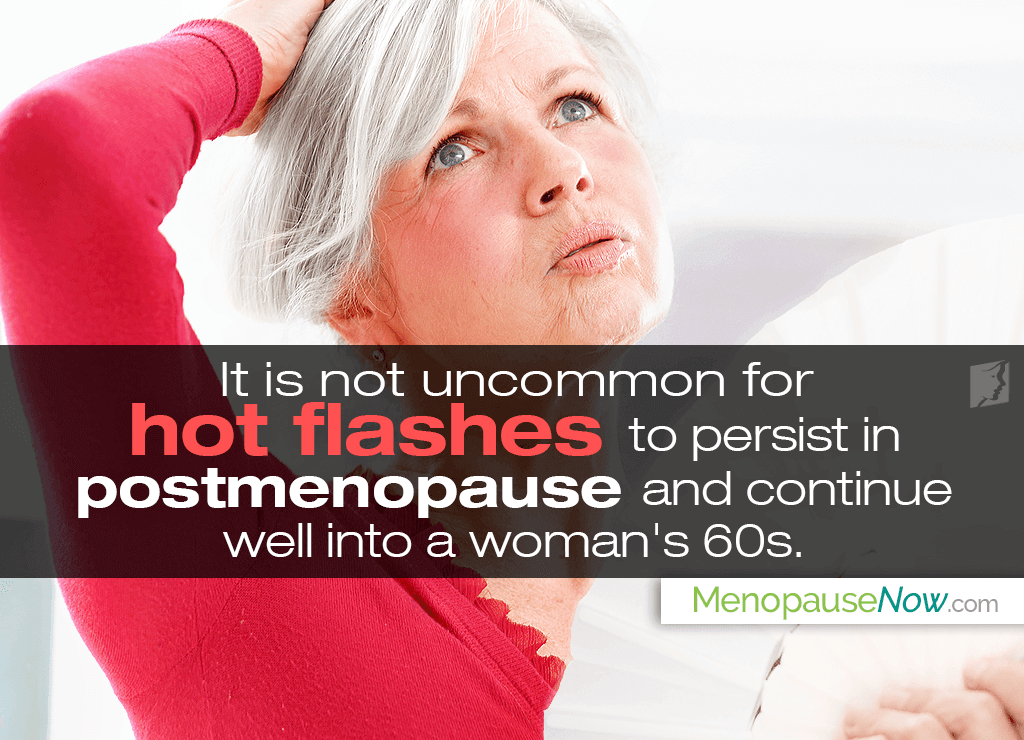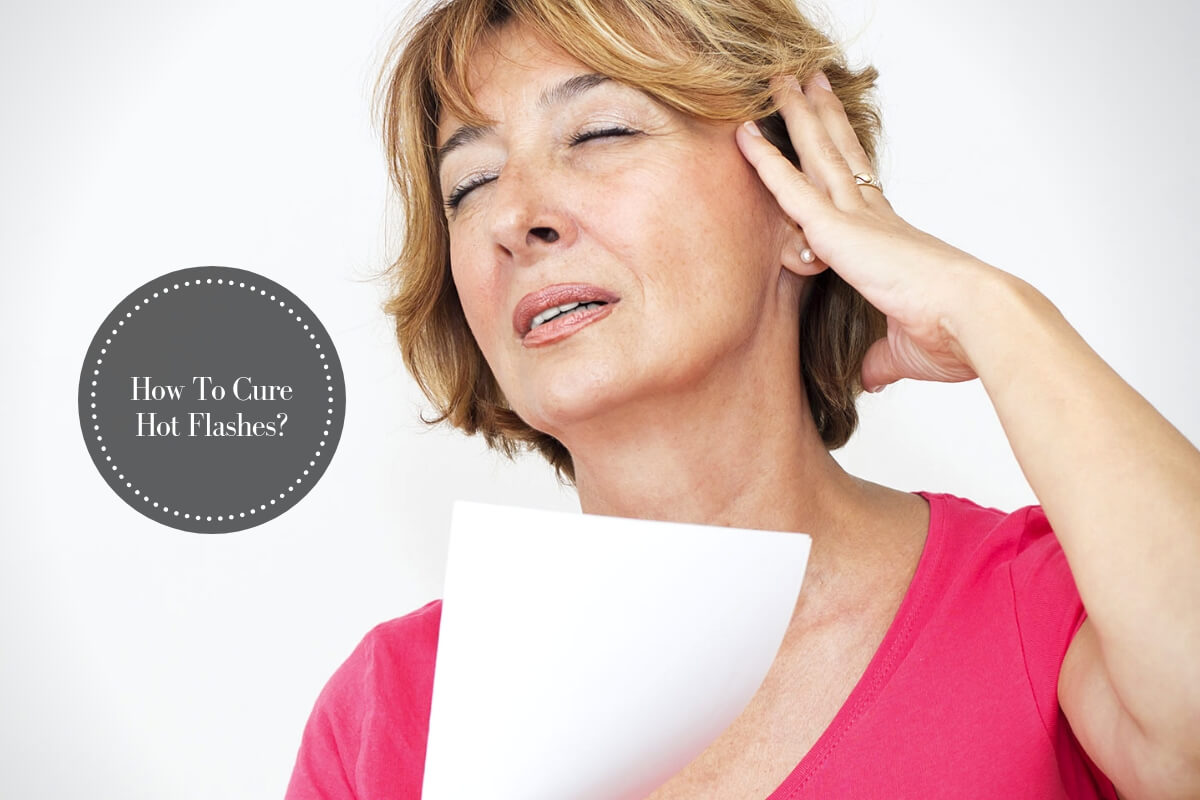Fabulous Info About How To Deal With Hot Flashes
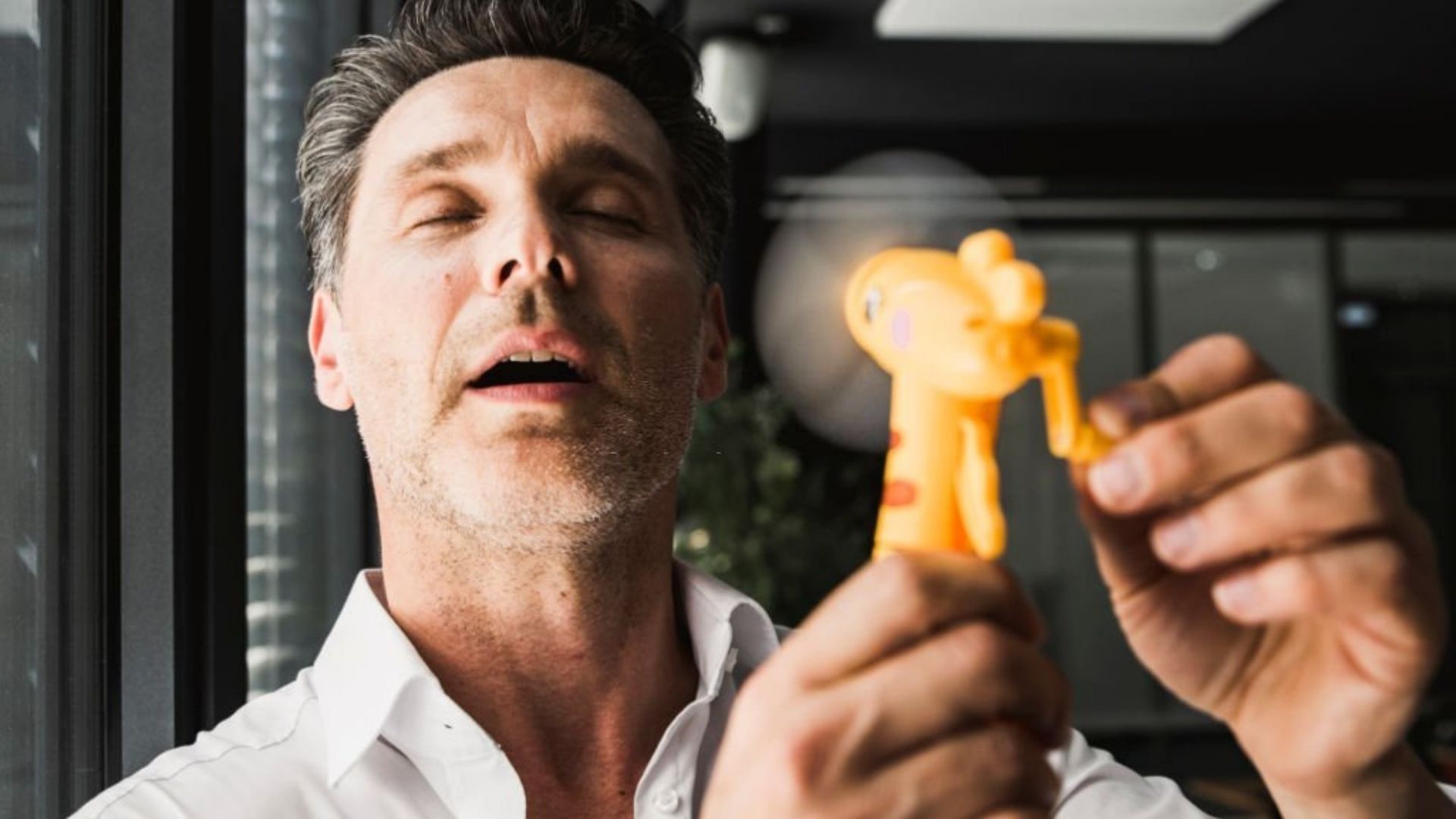
Menopause may be having a “ moment ,” but i really wish it wasn’t.
How to deal with hot flashes. Hot flashes are the most common symptom of perimenopause and menopause, which is the natural time when your ovaries stop. Hot and spicy foods increase body temperature and may exacerbate hot flashes. Try avoiding spicy meals and allowing hot foods to cool down considerably.
If you experience moderate or severe hot. There are treatment options available, including hormone therapy, nonhormonal prescription medication and alternative therapies. How can you deal with hot flushes?
A range of strategies can help get relief from hot flashes, including some lifestyle tips, such as the following: Exercise regular exercise, three or more times a week, may help ease your discomfort with hot flashes. If your hot flashes are mild, you may be able to manage them by revamping your environment and avoiding your triggers.
Startups enter $18 billion menopause market, touting relief for hot flashes, other symptoms. Learn about the causes, symptoms, and treatment options for hot flashes, a common symptom of menopause.
Find out how to manage your symptoms with lifestyle. Find (and avoid) your triggers certain foods or environmental triggers can spark a hot flash. Placing cold compresses on the head or neck practicing breathing techniques avoiding warm environments quitting smoking avoiding alcohol and spicy.
Medications hyperthyroidism hypogonadism anxiety a hot flash is a feeling of sudden, intense heat on the upper body that lasts anywhere from 30 seconds to several. Arumala says, “smoking ages the. Identifying triggers and avoiding them factors that.
The exact way in which smoking affects hot flashes isn’t clear, but dr. Research suggests that women who have hot flashes may. Don’t hate us but caffeine can cause hot flushes (as can hot drinks in general) so try to reduce your coffee and tea intake and switch to decaf (which.
Limit the lattes. 7 min read what is a hot flash? Try these tips to stay cool, calm and collected.
Making certain lifestyle changes may help limit hot flashes. Take a cool shower, use a fan or have a cold drink try to reduce your stress level avoid or reduce potential triggers, such as spicy food, caffeine, hot drinks, smoking and alcohol.



